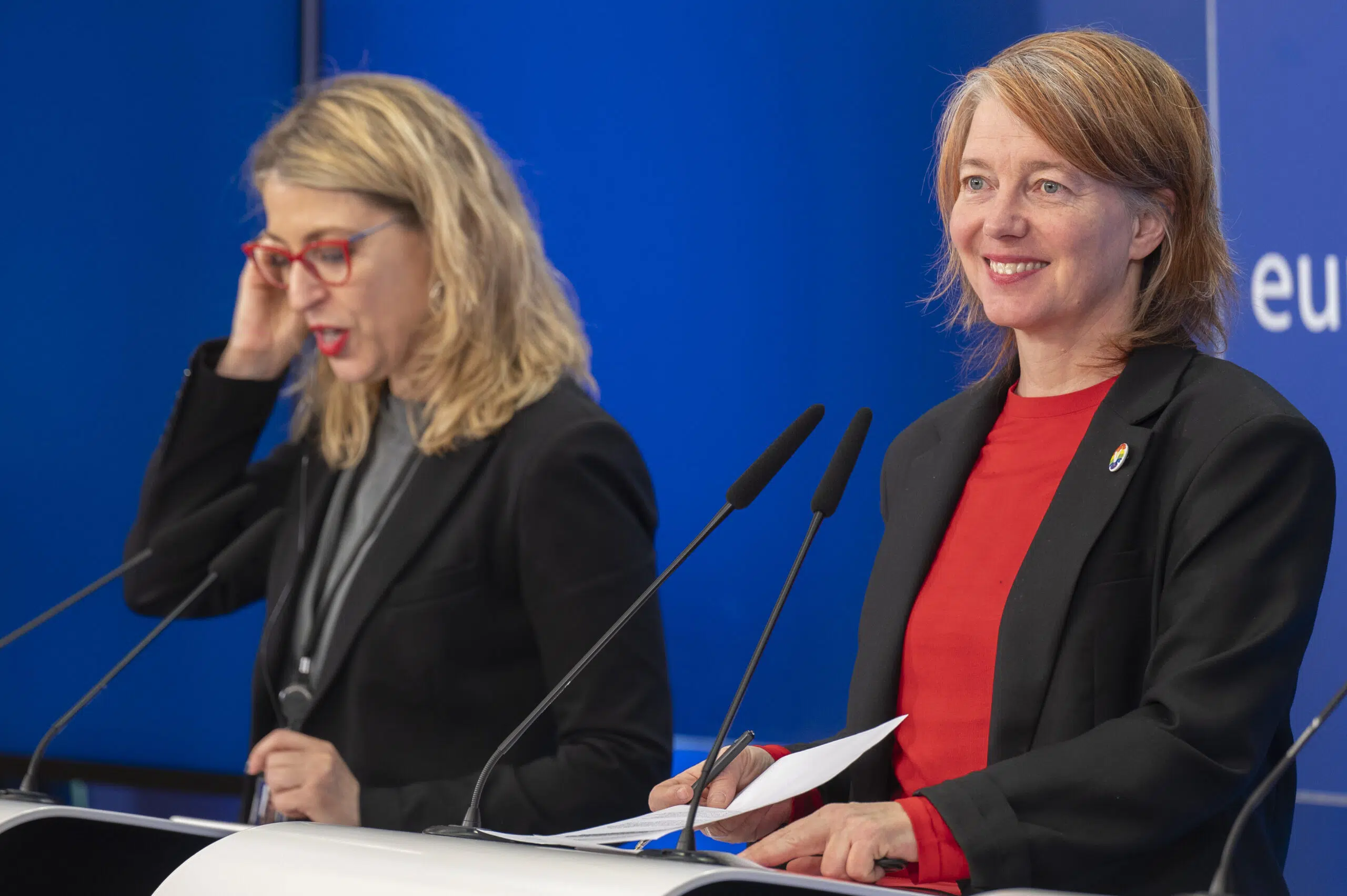Brussels – Forced marriages, illegal adoptions, and exploitation of surrogacy will be punishable by a maximum penalty of at least a five-year prison term, or at least 10 years in the case of aggravated offenses across Europe. The EU Council and the European Parliament on January 23 agreed to expand the scope of the existing EU directive on combating human trafficking.
“It was clear that it was necessary to revise the 2011 directive,” said the regulation’s rapporteur for the European Parliament, Sweden’s Malin Björk of the European Left. The new rules also include the introduction of sanctions for companies convicted of trafficking, including exclusion from bidding for and reimbursement of public aid or subsidies, and – to reduce demand – the criminalization of the use of services provided by a trafficking victim when the user knows that the victim is being exploited.
Human trafficking committed or facilitated through information and communication technologies, including the Internet and social media, will become an aggravating circumstance when sexual exploitation is involved and will carry higher penalties. The strengthening of the directive also provides new protections for victims. First, member states will have to ensure that prosecutors can choose not to prosecute victims for criminal acts they were coerced to commit. It also emphasizes the need for a “gender-, disability-, and child-sensitive approach.”

An important point is ending the short-circuit whereby trafficking victims seeking international protection do not access the same procedures as asylum seekers, Björk underlined. The new rules ensure that “anti-trafficking and asylum authorities coordinate their activities so that trafficking victims, who also need international protection, receive adequate support and protection and that their right to asylum is respected.”
According to European Commission figures, over 7,000 people become victims of human trafficking in the EU each year. But the actual number is probably much higher, as many victims go undetected. With profits estimated at 2.7 billion euros. “Today, we are a little closer to putting an end to this form of barbarism,” said Eugenia Rodríguez Palop, rapporteur of the proposal for the Committee on Legal Affairs of the European Parliament. Rodríguez Palop and Björk conceded that it could “a broader ban on exploitation, including sexual exploitation,” could have been possible, but in the end, European Parliament negotiators had to give in to resistance from some Member States.





